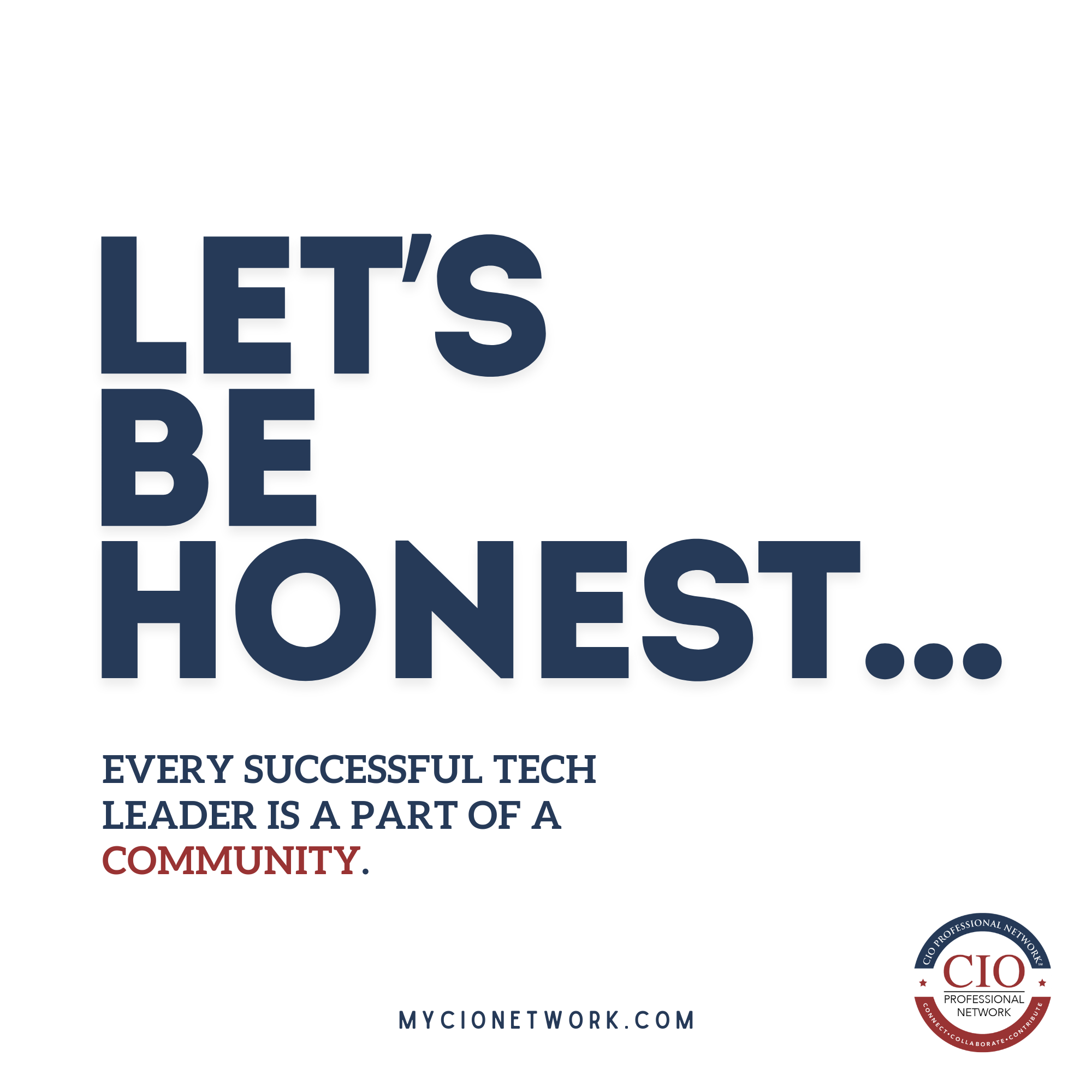AI is advancing faster than governance can adapt, and enterprise systems are feeling the strain of integration. At Venture Atlanta 2025, many startups focused on stability instead of disruption. They’re using AI to reconnect parts of operations that growth has pulled apart, and CIOs are taking notice.
Solutions presented this year focused on practical needs. They addressed questions technology leaders are asking now, such as how to scale securely and measure the value of automation while maintaining visibility into risk and compliance.
Moving Toward Autonomous Infrastructure Control
Infrastructure is reaching a breaking point. Kubernetes clusters keep multiplying, and hybrid environments strain team capacity. Observability tools alone can’t keep up, and visibility by itself doesn’t scale.
Startups at Venture Atlanta offered a practical answer with autonomous remediation within set guardrails. One platform uses AI agents across clusters to identify cost and performance issues, then either suggest or carry out fixes within preset limits.
For CIOs running large systems, this model builds trust by using automation that follows policy instead of replacing it.
Connecting Cyber Risk to Financial Exposure
CISOs have struggled to explain technical risk in ways the board can grasp. Even with higher spending, investment choices often lag because vulnerabilities feel abstract.
New platforms translate cyber threats into measurable financial exposure. They link risk scores to insurance coverage and highlight underinsured liabilities, helping teams set clearer security priorities.
This approach turns cybersecurity into a shared business function, allowing teams across the enterprise to speak the same language.
Real-Time Analytics Without Waiting for Clean Data
Even with modern BI tools, many enterprises still wait days or weeks for useful insights. The issue is data integrity. Split data sources and old cleanup processes slow decisions and erode trust.
Startups are solving this by adding real-time anomaly detection and remediation inside the analytics layer. One demo showed AI agents scanning procurement data for duplicate vendors and unauthorized purchases, catching issues before they reached dashboards.
The outcome is faster insights and cleaner audit trails that strengthen financial oversight without rebuilding data systems.
Privacy Compliance as a Financial Control Function
With tighter regulations and greater scrutiny from insurers, privacy has become a measurable risk.
New tools automate consent management, track compliance gaps, and evaluate legal risk exposure while connecting directly to insurers’ underwriting systems. Some adjust premiums in real time based on privacy posture.
This change shows that compliance has become part of financial performance and a measure of accountability.
Infrastructure Automation That Mirrors Real Organizational Logic
Fast development cycles can’t handle slow approvals, yet many enterprises still depend on manual reviews that delay infrastructure updates.
New automation platforms solve this by mirroring the organization chart and modeling team structures within automated workflows. These systems ensure AI-driven changes like Terraform updates follow governance standards across teams. This gives CIOs a scalable way to maintain speed without losing control, a critical balance now that AI is becoming a standard part of operations.
Three Questions CIOs Should Ask About Their Stack in 2026
- Is our automation helping us scale or accelerating risk?
- Automation without boundaries creates blind spots. Have we defined guardrails that preserve governance?
- Where does accountability live in our AI-driven workflows?
- As decision-making shifts to AI agents, do we have traceable processes and approvals aligned with business logic?
- Can finance and cybersecurity speak the same language?
- If we had to explain our risk exposure to the board tomorrow, would our IT, legal, and finance teams present a unified case?
These are operational questions and strategic filters. The tools showcased at Venture Atlanta suggest that enterprises able to answer “yes” will be the ones still scaling securely a year from now.
The Takeaway
Venture Atlanta 2025 was about rebuilding trust in the enterprise stack and ensuring automation, analytics, and AI support governance, not chaos.
For technology leaders, the main change is operational. Excellence now depends on embedding intelligence that improves visibility and control.
These are practical answers to a problem already here.
Trusted insights for technology leaders
Our readers are CIOs, CTOs, and senior IT executives who rely on The National CIO Review for smart, curated takes on the trends shaping the enterprise, from GenAI to cybersecurity and beyond.
Subscribe to our 4x a week newsletter to keep up with the insights that matter.






